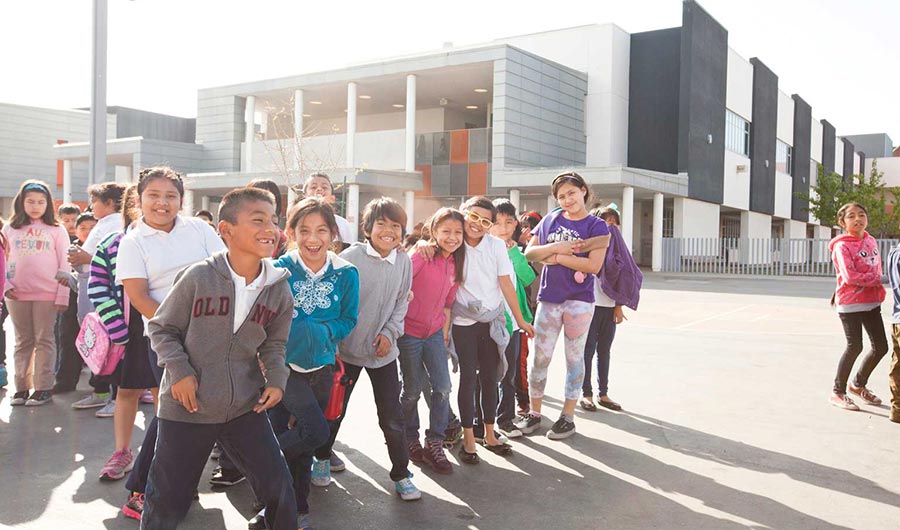At the UCLA School of Education and Information Studies, we believe that the translation of research in cognitive neuroscience into practice provides a critical dimension to the education of all children, the preparation and professional development of teachers, and the creation an implementation of informed educational policy. Our research on the neurodiversity of learners, particularly in the area of dyslexia, contributes to an understanding of all learners.
By recognizing that all students have the potential for valuable contributions to our society, we aim to develop the cognitive, linguistic, and socio-emotional capacities of every child. In so doing, our work contributes to a pipeline for much-needed diversity of abilities in our workforce, which will, in turn, strengthen both the creativity and competitiveness of our corporate sector.

